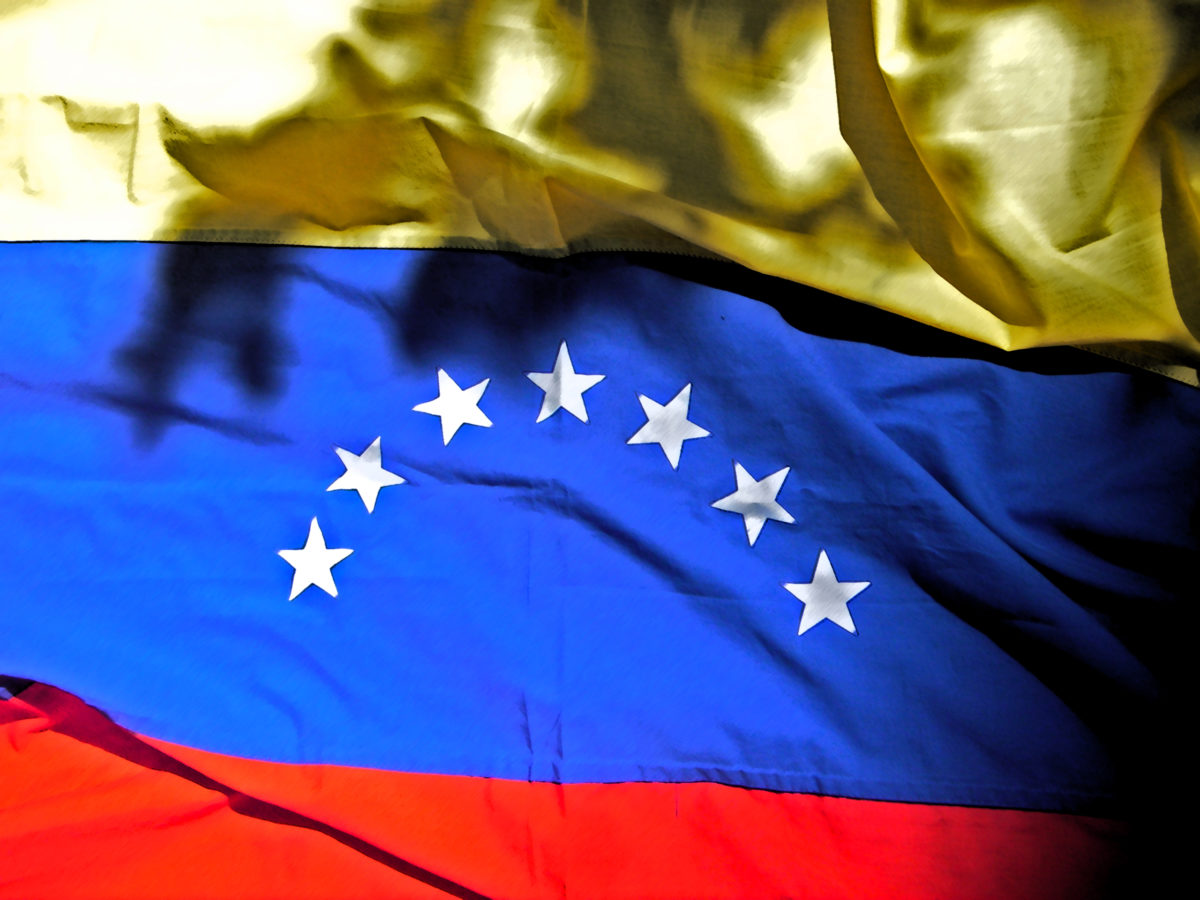The death of Venezuelan President Hugo Chávez has opened new doors for the country, and a 20-year-old student at St. Thomas University is taking the opportunity to make her voice heard.
“I’m flying to Venezuela for the weekend of the elections because I care about the future of my country,” Isabella Makowski said. “I don’t have that money to spare, but this is the only chance that we have had in the last 14 years.”
Makowski is a second-year student majoring in economics. She said staying in Caracas wasn’t an option for her after receiving a death threat on the phone and experiencing the kidnapping of her cousin.
“Back home we have a furniture business that has been raised through the efforts of my family,” Makowski said. “And now, several members of my family had to leave Venezuela because of the insecurity.”
Chávez, who died early this month, was known for admiration of the Cuban model, which was reflected in his anti-poverty legislation and promotion of free public education and health coverage for all Venezuelans.
Fuelled by an oil-driven economy and an anti-American rhetoric, Chávez won popular elections with resounding majorities since 1999. The country’s citizens struggle with high inflation and high crime rates.
“In Venezuela we still live in capitalism, so considering the idea of providing food, education and housing to everybody without putting an end to capitalism just put social classes against each other,” Makowski said.
Caracas is among the 10 most dangerous cities in the world. In 2012 there were 583 denounced kidnappings and a total of 21,692 homicides in Venezuela, according to a report by a group of NGOs and the mayor of the capital.
“In Caracas we play Russian roulette everyday,” Makowski said. “Chávez created a state of war back home and the worst part is that we are even afraid of the police because they are extremely corrupt.”
Makowski also bemoaned the government’s decision to close the Venezuela consulate in Miami, as Florida is the American state most populated with Venezuelans.
“Ninety five per cent of them are in favor of the opposition. Isn’t that a tremendous coincidence?” Makowski said.
Venezuela owns 20 per cent of world oil reserves, according to data from the OPEC. While Chávez’s policy of allocating oil revenue to social programs and welfare helped to reduce the country’s poverty and inequality, it also led to poor
investment in oil and manufacturing.
“Venezuela’s inflation rate of 27 per cent makes it difficult for people to buy even the basic products,” Makowski said. “And as shocking as it sounds, there are times when it is hard to find even toilet paper or toothpaste.”
Makowski said the interim President Nicolas Maduro is promoting himself as a clone of Chávez, but his lack of charisma makes him vulnerable in the coming election.
“Everyone will think that socialism is great, but reality is that in Third World countries that’s not a possibility,” Makowski said. “Chávez was selling dreams to vulnerable people and the hate in his speeches and posters only created fanaticism and social resentment.”
The leader of the opposition, Henrique Capriles, has said Maduro represents the “collapse” of the country, and his victory suggests the handover of the government to the Castro brothers.
Capriles says he’s not going to give away the oil as Chavez has to gain influence in the region; countries that can pay will stop receiving “special gifts.”
The election will be held April 14.
“I am voting for Capriles because I want to see a change in the country and I want the continuous war between Opposition and Officialism to end,” Makowski said. “My biggest dream is to be able to go back to a country where there is quality of life and where the life of a person is worth more than a bullet.”

